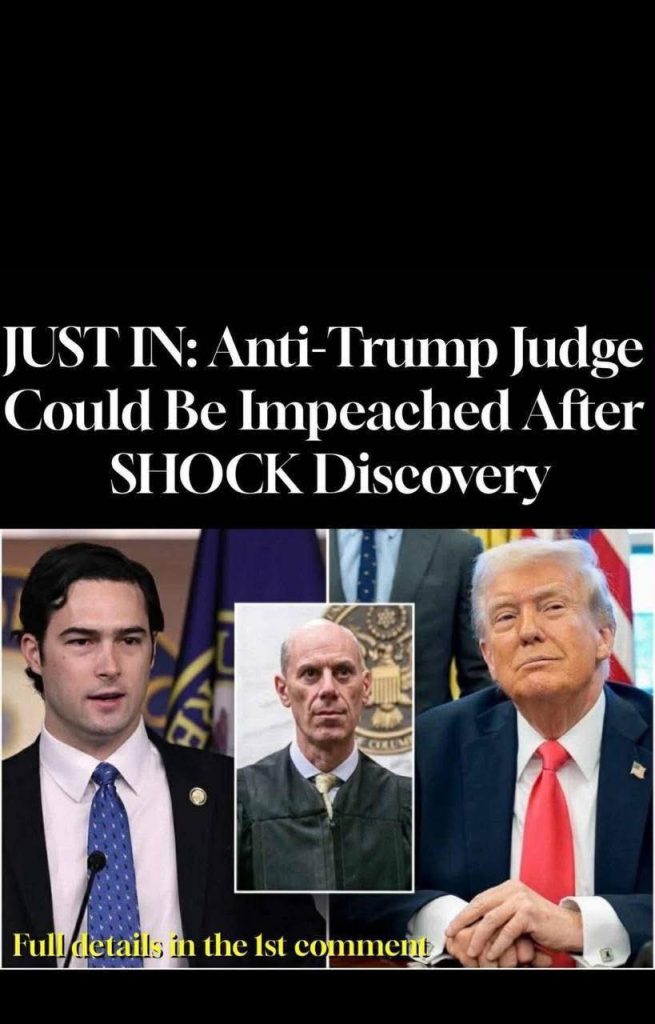Washington, D.C. — In a significant development, Chief Judge James Boasberg has ordered the unsealing of previously confidential court documents tied to Special Counsel Jack Smith’s investigations into former President Donald Trump. The move is expected to reveal new details about long-running legal battles over attorney-client privilege that shaped two of the most politically charged cases in recent history.
What the Ruling Covers
The order applies to both Smith’s 2020 election investigation and the classified documents case. Judge Boasberg instructed that opinions, orders, and docket sheets related to disputes over attorney-client privilege in the election case be made public.
For the classified documents case, the court will unseal docket sheets and related rulings about Trump’s lawyers’ testimony. However, the Justice Department has been allowed to submit redactions before publication to protect sensitive grand jury materials.
Boasberg explained that much of the information has already been partially disclosed in public filings or through Trump’s own legal submissions, reducing the justification for ongoing secrecy.
Attorney-Client Battles and the “Crime-Fraud” Exception
The disputes at the heart of these cases stem from Special Counsel Smith’s aggressive use of a Washington, D.C., grand jury to compel testimony from Trump’s attorneys.
Former Chief Judge Beryl Howell, appointed during the Obama administration, repeatedly ruled against Trump, including forcing attorney Evan Corcoran to testify despite privilege protections. Howell applied the crime-fraud exception, which permits privileged communications to be used if they were made to advance a crime.
This was a devastating setback for Trump’s defense at the time, raising broader concerns about the erosion of one of the most fundamental legal protections in the U.S.
Broader Legal Context
The classified documents case was eventually dismissed in July 2024 by District Judge Aileen Cannon, who ruled that Jack Smith’s appointment and unlimited funding were unconstitutional. Although Cannon later revisited her decision, she upheld her ruling. Following Trump’s reelection, the Justice Department abandoned appeals in both cases.
Boasberg noted that the government itself had already revealed that at least 25 witnesses withheld information under attorney-client privilege during the election probe, and that courts issued orders compelling production of some of that material.
What the Public Will See
While key names and sensitive details will likely remain hidden under redactions, the release will provide the public its first full look at how prosecutors compelled Trump’s lawyers to testify against him — an unprecedented step in modern U.S. legal history.
Legal analysts say the documents could reignite debate over whether the Justice Department’s handling of the Trump cases represented legitimate law enforcement or political overreach.
For critics, the ruling offers a rare window into what they describe as “lawfare” tactics used during the Biden administration. For others, it represents transparency in cases that tested the boundaries of attorney-client privilege and executive power.
Next Steps
The Justice Department must now review and submit redacted versions of the responsive documents before they are released to the public. The timing of the release is not yet clear, but it is expected to mark a pivotal moment in understanding the legal strategies behind two cases that dominated U.S. politics for years.
As Judge Boasberg’s order takes effect, Americans will soon be able to examine, in far greater detail, how one of the nation’s most sacred legal protections was pierced in the pursuit of a former president.


